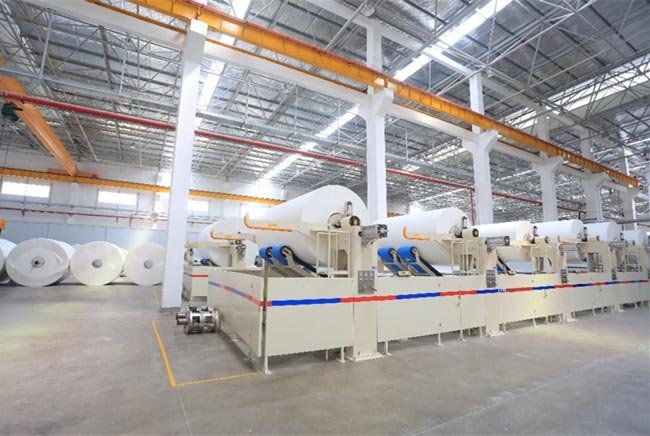Tissue paper, a ubiquitous part of daily life, ranges from the soft napkins gracing our dinner tables to the indispensable rolls in our bathrooms. Understanding its recyclability is crucial as we strive to adopt more sustainable practices. With environmental concerns escalating, recycling plays a pivotal role in reducing our ecological footprint. How does tissue paper fit into this equation?
Types of Tissue Paper
Household Tissue Paper
Household tissue paper encompasses products like toilet paper, facial tissues, and kitchen paper towels. These items, designed for comfort and convenience, often emphasize softness and absorbency. Despite their essential role in daily hygiene, their recyclability is frequently questioned due to their specific properties and usage.
Commercial Tissue Paper
Commercial tissue paper includes products used in larger volumes within businesses, such as industrial wipes and bulk paper towels in public restrooms. These products are typically more robust than household varieties and are designed to withstand higher usage, but they also present unique challenges when it comes to recycling. Think about the myriad hands that touch them daily.
How to Choose the Right Toilet Paper
Proper Ways to Dispose Toilet Tissue
Recyclability of Tissue Paper
Factors Influencing Recyclability
The recyclability of tissue paper hinges on several factors, including its composition and the presence of contaminants. Most tissue papers are treated with chemicals to enhance their softness and strength, which can complicate the recycling process. Moreover, contaminants such as food residue, grease, and bodily fluids often render these papers non-recyclable. The fibers are delicate, and easily compromised.
Common Misconceptions
A prevalent misconception is that all paper products are equally recyclable. In reality, the delicate fibers in tissue paper, combined with contaminants, frequently prevent them from being recycled alongside other paper goods. This misunderstanding leads to improper disposal, exacerbating environmental harm. Not all paper is created equal, after all.
Environmental Impact of Tissue Paper
Production and Waste
The production of tissue paper is resource-intensive, consuming significant amounts of water, energy, and raw materials. This process also generates considerable waste and emissions, contributing to deforestation and pollution. Given the disposable nature of tissue paper, vast quantities end up in landfills, where they decompose slowly, releasing methane, a potent greenhouse gas.
Consequences of Improper Disposal
Improper disposal of tissue paper exacerbates its environmental impact. When not correctly segregated and processed, tissue paper can contaminate recycling streams, reducing the efficiency of recycling facilities and increasing the burden on landfills. This underscores the need for effective waste management practices. Our small actions can have significant consequences.
Alternatives to Recycling Tissue Paper
Composting
Composting is a viable alternative for certain types of tissue paper, particularly those free from harmful chemicals and contaminants. Composting transforms these papers into valuable organic matter, enriching the soil and reducing waste. This method is particularly effective for kitchen paper towels and unbleached napkins. Imagine your kitchen waste turning into fertile soil!
Reusing
Reusing tissue paper, although limited by its intended use, can also help mitigate waste. For instance, lightly used paper towels can be repurposed for cleaning or crafting. While not a long-term solution, reusing extends the lifecycle of the product, delaying its entry into the waste stream. Every little bit helps.
Consumer Responsibility
Proper Disposal Methods
Consumers play a crucial role in the recyclability of tissue paper. Proper disposal methods, such as segregating clean paper from contaminated items, can significantly enhance recycling efforts. Educating oneself about local recycling guidelines and adhering to them ensures that recyclable materials are correctly processed.
Supporting Eco-Friendly Practices
Choosing eco-friendly brands that prioritize sustainability in their products and packaging supports broader environmental goals. Opting for recycled or unbleached tissue papers, and those certified by environmental organizations contributes to a more sustainable marketplace. Small changes in purchasing habits can collectively drive significant environmental benefits.
Conclusion
The recyclability of tissue paper is a complex issue influenced by numerous factors. While challenges exist, understanding the intricacies and adopting sustainable practices can mitigate its environmental impact. By composting, reusing, and making informed purchasing decisions, consumers can contribute to a more sustainable future. Every effort counts in the journey towards a greener planet.
If you are looking for toilet paper manufacturers and suppliers, we recommend checking our high-quality products.
We have more than 15 years of export experience and offer samples before order placement. To get a customized quote, Contact Us Now!


